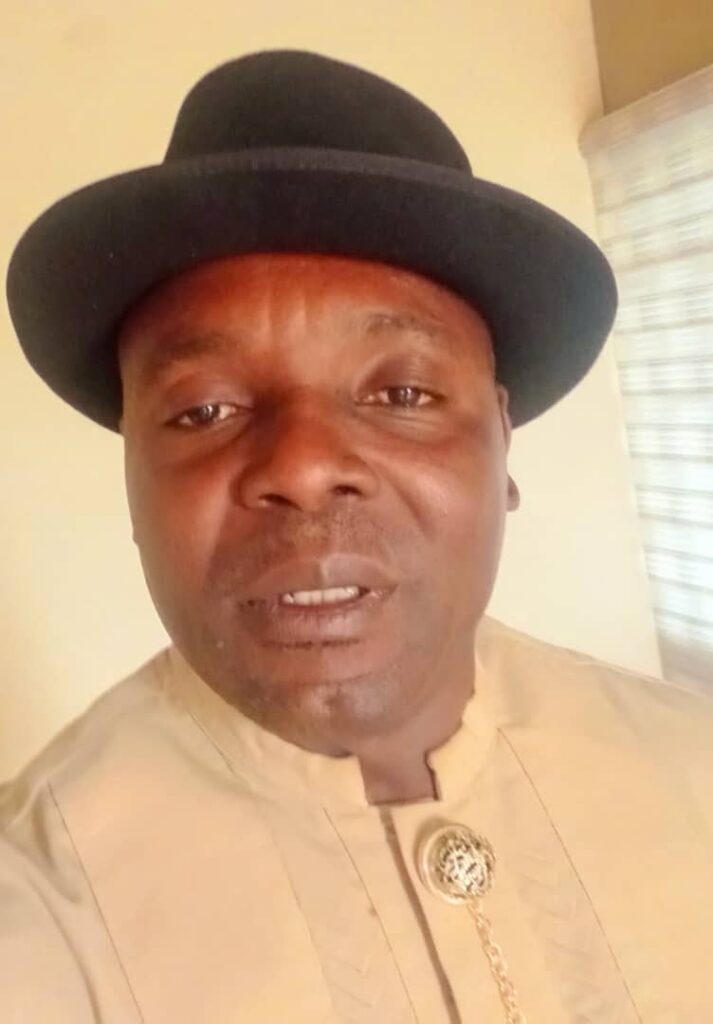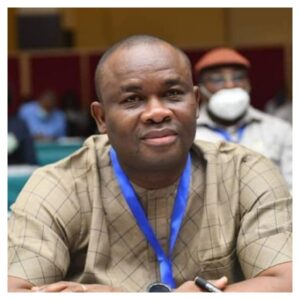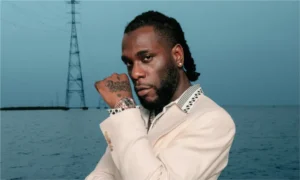Legal practitioner and public commentator, Justice Osai Ahiakwo, has cautioned that the growing misuse of social media by Nigerian lawyers poses a serious threat to professional ethics and public confidence in the country’s justice system. Speaking in an interview with DAILY POST, Ahiakwo expressed concern over what he described as a new generation of “social media lawyers” who use online platforms to promote personal or political interests under the guise of legal commentary.
Ahiakwo noted that while social media has helped to make legal information more accessible to the public, it has also blurred the line between education and partisanship. He explained that many lawyers, especially those involved in politics, now use digital platforms to influence public opinion on sensitive judicial matters — an act that violates the Rules of Professional Conduct (RPC) and erodes the dignity of the legal profession.
He lamented that, unlike in the past when publicity for lawyers was restricted to traditional media, many now dominate platforms such as X (Twitter), Facebook, and YouTube, often discussing court rulings for clout rather than professionalism. “It’s both innovative and dangerous,” Ahiakwo remarked, describing the rise of “social media lawyers” as a blend of enlightenment and ethical decay. He quoted Lord Atkin, warning that freedom of expression must never compromise justice.
Ahiakwo emphasized that the revised RPC, effective from 2024, prohibits lawyers from making prejudicial comments on ongoing cases or engaging in solicitation online. However, he noted that many continue to disregard these rules. He also condemned the growing trend of lawyer-politicians using social media to discredit judges or manipulate public opinion, calling such behavior “a violation of the lawyer’s oath.” Citing Okike v. LPDC (2005), he reminded that any conduct bringing the legal profession into disrepute amounts to professional misconduct.
He urged the Nigerian Bar Association (NBA) to develop clear digital ethics guidelines, promote responsible online communication, and enforce stricter disciplinary measures against erring lawyers. Concluding, Ahiakwo said that while social media can serve as a tool for legal education, it must not become a platform for self-promotion or bias. “The future of the legal profession depends not on how loud a lawyer speaks online but on how ethically he defends justice,” he said.







